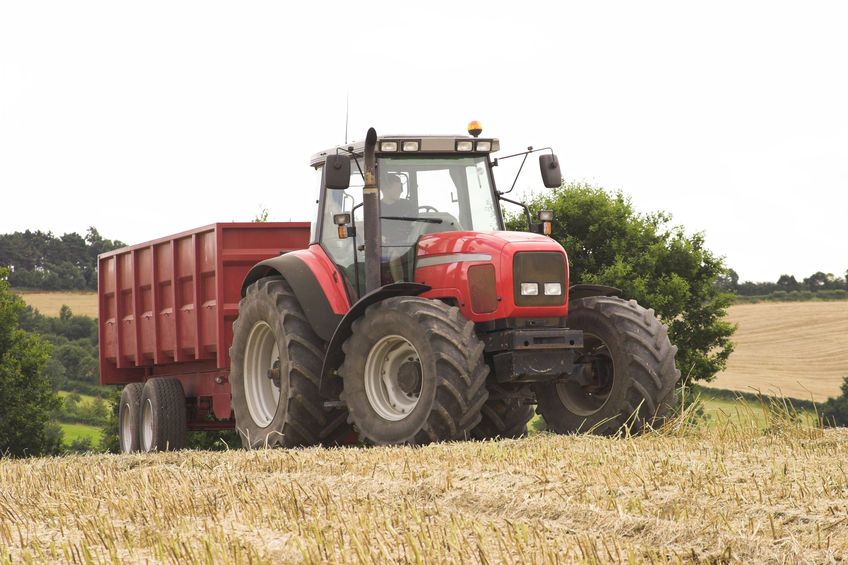
The possibility of scrapping more than 200 key EU laws could put food and farming at risk, according to a think-tank.
Both a “no-deal” Brexit and a free trade agreement along Canadian lines would “significantly weaken” safeguards for UK environmental, food and farming protection, the Institute for Public Policy Research (IPPR) says in its new report.
Either of what may be the two most likely Brexit outcomes would also reduce current cooperation with the EU on environment and climate change, with “no-deal” particularly likely to impact the UK’s involvement.
Although the UK could continue to adopt equally stringent – or stronger – environmental safeguards, the IPPR, which did not take a position in the 2016 referendum, finds there is a risk that the opportunity to diverge could lead to lesser protections.
EU legislation covering environmental policy, energy, climate change, food and farming, contained within more than 200 directives and other laws, could be weakened.
These include laws that govern clean air and water; set standards for fuel quality and renewable energy targets; key aspects of the Common Agricultural Policy, aimed at environmentally-friendly farming.
Four scenarios
In total, IPPR analysed four possible scenarios for the UK’s departure from the EU: a single market and customs union; a ‘customs union plus’; a free trade agreement; and exit with no deal.
Scenario 1 - remaining within a single market and customs union – would ensure the greatest continued alignment between British and EU laws on environmental protection, the report concludes. There would be continued supranational enforcement and the UK would be required to match EU laws as they develop in future.
Scenario 2, a customs union with many EU laws adopted to reduce friction in trade, would also be likely to require regulatory alignment on much environment and climate legislation, but there is a risk of weaker monitoring and enforcement.
Scenario 3, a free trade agreement, would be likely to result in the UK (except for Northern Ireland) leaving the internal energy market and the Emissions Trading System. The EU would expect Great Britain to agree a “non-regression clause” to prevent backsliding on environmental standards, but these would be relatively weakly enforced and the UK need not follow suit if EU protections become tighter.
Scenario 4 – no deal – would leave Britain free to strengthen or dilute current environmental protections as it chooses, with no EU involvement, and would end other forms of UK-EU cooperation on the environment and climate change.
The report highlights how the UK’s current environmental and climate policy framework is underpinned by a swathe of EU legislation and governance structures.
